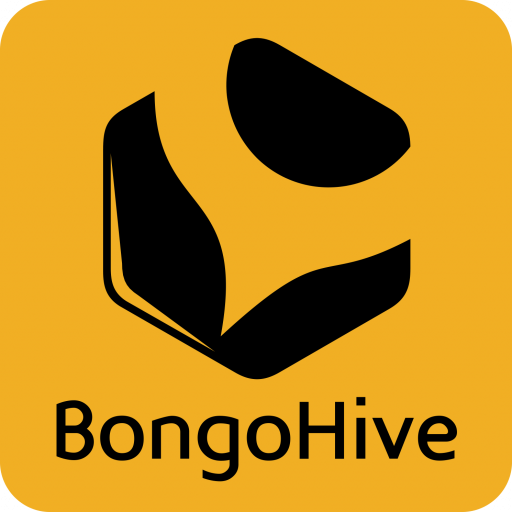
Wuchi Wami is a startup that packages, brands, markets and distributes local raw and organic honey which is sourced from the wild miombo forests, located in Mwinilunga North-western province of Zambia. Co-Founded by Harry Malichi who is also the Chief Executive Officer. He had a passion to empower people in his community and set out to establish Wuchi Wami.
Harry shares a story on his background and what inspired the establishment of Wuchi Wami and the impact it has had on the local farmers.
I was born and raised in Mwinilunga, Northwestern Zambia. My father is a local farmer/retired teacher and my mother is a housewife.
Growing up, I was cultured to be a producer. My parents trained me to be resourceful but above all, have a big heart for the people. While in Mwinilunga, I used to sell vegetables that I had produced from my small garden and I also used to sell candies to my fellow pupils.
Years later, I went to the University of Zambia to study mechanical engineering but I was always in and out of the country to sell imported products so that I could pay my university fees.
My business exposure and experience increased through my stay at University. I was always thinking about my friends who had remained at home and had dropped out of school because they didn’t have adequate financial support. Making it to university was close to impossible especially when you were raised in local communities like mine.
My passion to see people in my community empowered and included on national platforms led me to begin to draw up ideas that could help my community. I put pen to paper and drew up a business plan that took advantage of the natural resources in my province.
In 2018, I partnered with Kapesha Sandu and Kathryn Mwondela who also share the same passion as me and we incorporated Wuchi Wami Limited to empower our local farmers with beehives, PPE and buckets to produce honey using the top bar beehives that are environmentally sustainable. We shunned away from producing honey using the traditional bee-keeping model because it contributes to deforestation. The honey that the farmers produce is then processed through our registered cooperative called Kwasha Indimi that has 2500 small scale farmers in Mwinilunga. We then package, brand and distribute the honey in its raw form to our distribution channels.
The strongest partnership we have with our local farmers is capacity building. We train them on financial literacy and onboard them on a programme called Savings and Internal Lending Communities (SILC) to set them up for competitive growth and help them support their children.
Challenges are always there for a startup, some known and some unknown. The common challenge that we also faced is a lack of running capital. The banks are hesitant to give loans to SMEs because of the 3 years cap and the interest rates don’t favour SMEs. We have had opportunities to supply other markets but we have been hindered by access to capital.
Another challenge we faced when we were just setting up our business was the lack of access to capacity building to refine our business in terms of product presentation, management and access to markets. In the first year, we struggled to progress but we overcame this challenge once we joined programmes organised by the Zambia Development Agency (ZDA).
Early this year, we attended the Thrive Investor Readiness programme with BongoHive for three months. We chose to participate in the programme because our business has reached a level where we need to scale up and begin to prepare for commercial capital and that needed a whole different framework.
The programme helped us as a company to begin operating holistically. We redefined our systems of governance, our financial systems and our team. We polished up our unique value proposition and now we can allocate our resources efficiently and meet our target projections.
We have also fully engaged our advisory board and every decision we make now has to be evaluated by the board. This move is beneficial to the growth of our business.
We have made significant strides in our business which we are proud of. We started with 10 farmers and now we have 2500 smallholder farmers onboarded onto our Kwasha indimi cooperative. From our household survey and literacy tools, we have seen that farmers can afford basic necessities for their children to go to school and more importantly, afford a decent meal.
Our honey is one of the most sought-after honey in the country with famous wellness stores like Umoyo stocking it. Chain stores like Choppies also stock it and this has given us countrywide exposure. We have also started exporting our honey to COMESA countries.
At Wuchi Wami we always say that for every kilogram of organic honey/ wax you buy, you are not only buying the best organic products but you are also contributing to creating a sustainable livelihood for our local farmers.
At BongoHive, we help entrepreneurs transition from the idea stage to the investor ready stage. Check out the programmes page to find programmes that are open for applications. You can also subscribe to our newsletter to receive the latest information.
 BongoHive
BongoHive